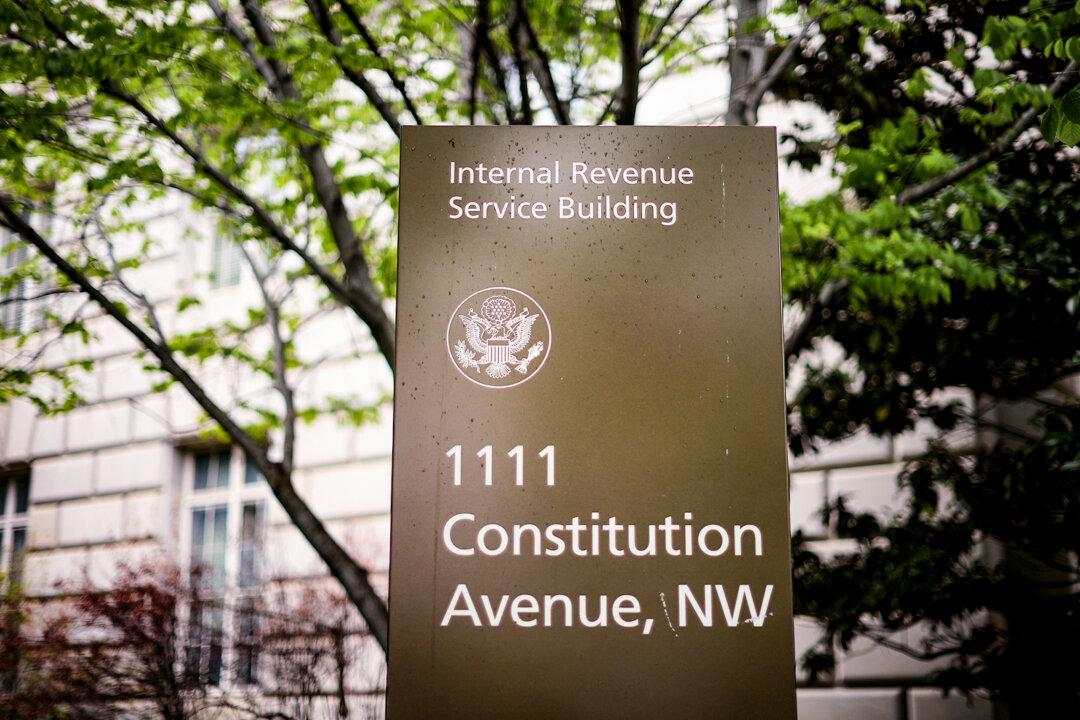The IRS has kicked off a summer campaign to prepare tax professionals, and more broadly, the nation’s tax community, against potential identity theft attempts of clients and their own establishments.
On Tuesday, the Internal Revenue Service (IRS) announced the start of its “Protect Your Clients: Protect Yourself” campaign aimed at “ensuring tax professionals stay alert against new and ongoing threats of tax-related identity theft,” according to a July 11 press release. The IRS warned that tax professionals are “prime targets” of criminals that trick or hack to gain access to their computer systems to access data about their clients. The agency said that identity thieves use this stolen information to file fraudulent tax returns or sell the data to other fraudsters.





